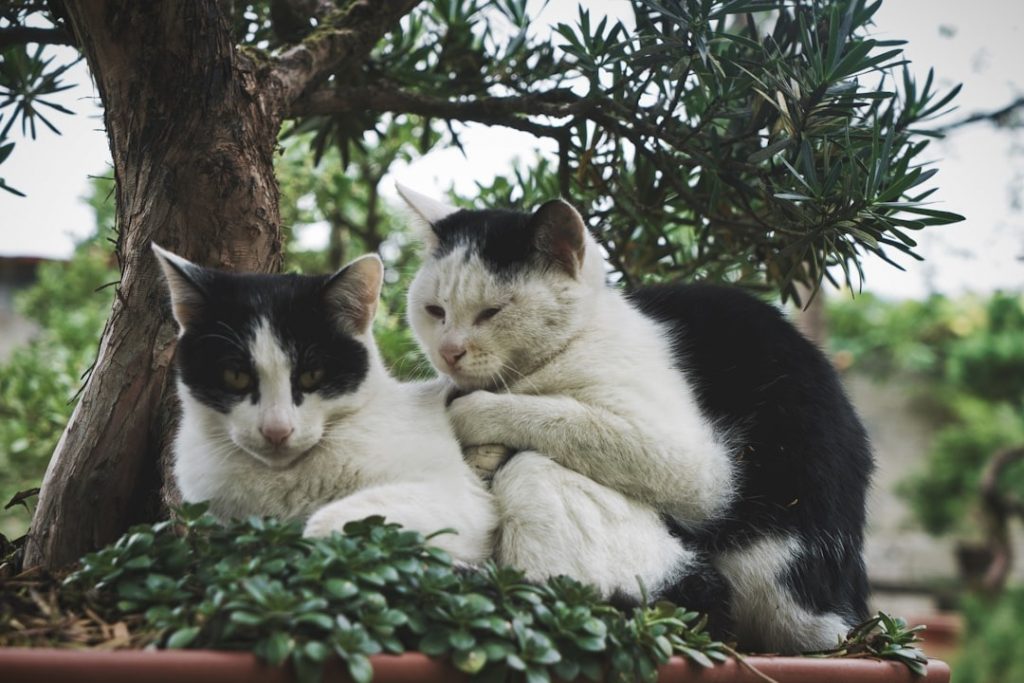Physical Address
304 North Cardinal St.
Dorchester Center, MA 02124
Physical Address
304 North Cardinal St.
Dorchester Center, MA 02124

Pets have fresh emotional and behavioral difficulties as they get older. Often amplified in the evening by means of sundowning, anxiety is among the most frequent. This disorder, quite connected to cognitive deterioration, makes pets restless, vociferous, and disoriented at night.
Knowing how to control senior pet anxiety and sundowning not only enhances pets’ quality of life but also relieves the burden on caregivers.
Sundowning describes increased anxiety, agitation, or confusion in older pets during the late afternoon or evening. It is frequently associated with Cognitive Dysfunction Syndrome (CDS), a condition similar to dementia in humans.
Much like people with Alzheimer’s who become restless or anxious at night, pets with sundowning may pace, vocalize, or act unsettled as daylight fades.
Brain aging reduces neurotransmitter levels and alters cognitive pathways, contributing to confusion and anxiety.
Vision, hearing, and smell deterioration make pets more vulnerable to fear, especially at night when visibility is low.
Chronic pain worsens at night when pets are less distracted, fueling restlessness and vocalization.
Changes in household routines, loud noises, or even moving furniture can make senior pets feel unsafe.
Sundowning prevents pets from resting and often interrupts their owners’ sleep as well.
Anxious pets may withdraw during the day or become irritable.
Caring for a restless pet at night can be exhausting, leading to burnout without proper support.
A veterinarian will review the pet’s health history, behavior changes, and nighttime routines.
Illnesses like urinary tract infections, kidney disease, or pain disorders can mimic sundowning symptoms.
Structured tools help vets assess the severity of cognitive decline and guide treatment.
Veterinarians may prescribe drugs like selegiline (for CDS), anti-anxiety medications, or sleep aids.
Melatonin, omega-3 fatty acids, and CBD products may help calm pets naturally.
Puzzle feeders, gentle training, and enrichment games keep the mind engaged and delay decline.
Regular feeding, walking, and bedtime routines reduce confusion and build comfort.
Caring for a sundowning pet can be overwhelming. Support options include:
Sundowning often worsens over time as cognitive decline advances.
Owners must weigh treatment effectiveness, the pet’s happiness, and overall well-being when making long-term care decisions.
1. Can sundowning in pets be cured?
No, but symptoms can be managed with medication, supplements, and environmental support.
2. Is sundowning more common in dogs or cats?
It is more documented in dogs, but senior cats also experience nighttime restlessness and anxiety.
3. Can exercise help reduce sundowning?
Yes, moderate daytime exercise helps release energy and supports better nighttime rest.
4. Are there safe natural remedies for calming senior pets?
Yes. Melatonin, omega-3s, and calming pheromones can be effective, but always consult your vet first.
5. How do I know if my pet’s anxiety is sundowning or another illness?
A veterinarian must rule out medical conditions like pain or organ disease before diagnosing sundowning.
6. Should I change my senior pet’s bedtime routine?
Yes. A consistent, soothing nighttime routine can help reduce anxiety and provide comfort.
Managing senior pet anxiety and sundowning requires patience, compassion, and a combination of medical and lifestyle approaches. From medications and supplements to environmental changes and emotional support, owners can take many steps to improve their pets’ comfort. By staying proactive and working closely with veterinarians, families can help senior pets navigate aging with dignity, peace, and love.
🔗 For further information, visit the American Kennel Club’s Canine Cognitive Dysfunction Resources.